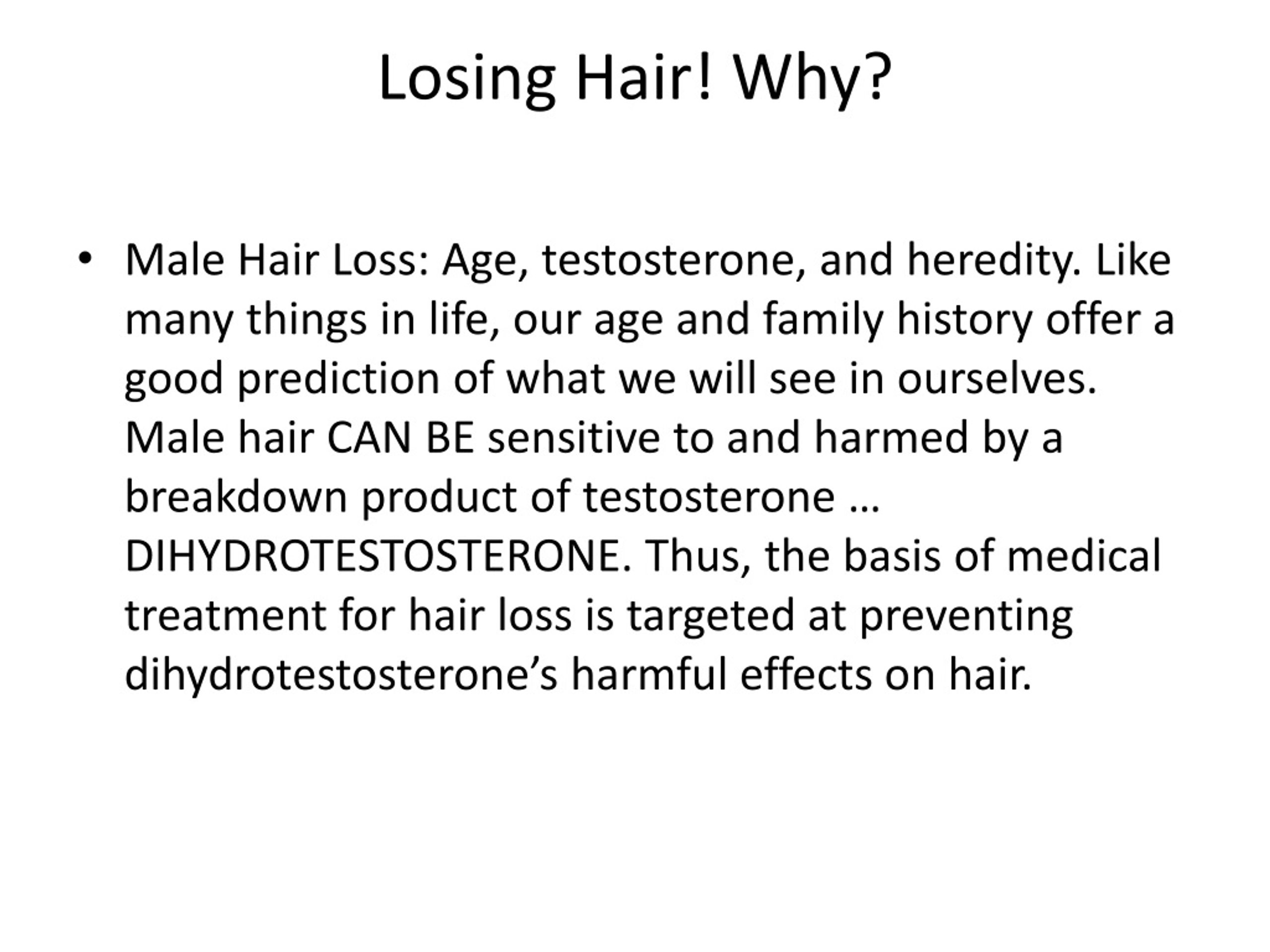Table Of Content

If a person notices they are losing more hair than usual, they may have an underlying condition. It is important to consult a doctor to learn what the possible cause and best treatment may be. Extreme diets that are too low in protein or certain vitamins, such as iron, can sometimes cause excessive hair shedding. Other forms of birth control that affect the hormones, such as implants and skin patches, may also cause hair loss. People may experience hair loss while using birth control pills. Others might experience hair loss several weeks or months after they stop taking birth control pills.
Causes of permanent hair loss
It is important to support your overall well-being in order to support your hair health. Scalp psoriasis is a common skin disorder that causes raised, red, and sometimes scaly patches on the scalp. While it often appears in patches, it can progress and affect the entire scalp and even spread around the ears, neck, and forehead. The silvery scales caused by scalp psoriasis can flake and look similar to dandruff.
And 5 ways to save your strands
It’s important to talk to your healthcare provider before starting any form of treatment for hair loss. Some types of treatment aren’t safe to use if you’re pregnant, planning on becoming pregnant or going through menopause. Anagen effluvium causes large amounts of hair to rapidly fall out during the anagen (growth) phase of the hair cycle.

What questions should I ask my healthcare provider?
A few months after giving birth, recovering from an illness, or having an operation, you may notice a lot more hairs in your brush or on your pillow. This can also happen after a stressful time in your life, such as a divorce or death of a loved one. In women, the first noticeable sign of hereditary hair loss is usually overall thinning or a widening part. Eating a full and nutritious diet, getting enough sleep, avoiding damaging hair styles, and using hair growth products, are a few ways to help your hair health. The best way to avoid these kinds of hair loss is by changing the way you style or treat your hair. Try more gentle protective hair styling methods, and limit the amount of damaging treatments you apply to your hair.
Hair loss symptoms
Regardless of whether it develops in a man or women, the medical term is androgenic alopecia. Chemotherapy treatment can damage hair follicles, causing the hair to fall out on the head and body. How much hair someone loses during chemo depends on the person and the drug used. Not everyone will lose their hair during treatment, while others may experience hair thinning or complete hair loss. Hair loss may affect the scalp, pubic hair, arm and leg hair, eyebrows, and eyelashes. Androgenetic alopecia is a common form of hair loss in both men and women.
As for psychological stress, the link is less well-defined. However, many people have reported losing hair at times of extreme mental stress or anxiety. And hair loss for other reasons can still be stressful.
Coronavirus symptoms: Patients report losing hair months after illness - CTV News
Coronavirus symptoms: Patients report losing hair months after illness.
Posted: Wed, 12 Aug 2020 07:00:00 GMT [source]
Harvard Health Blog
In women and others with female reproductive organs, its most common cause is polycystic ovary syndrome (PCOS). Along with hair loss, other signs of PCOS include weight gain, acne, and irregular periods. Things that interfere with the growth cycle -- like medications, illnesses, infections, or chemicals -- have the potential to stop hair from being formed the right way. Beyond that, age, hormones, stress, and even the way you style your hair can lead to hair loss.
If you have hair loss due to stress or hormone changes like pregnancy, you may not need treatment. If traction alopecia continues, a person may develop patches of hair loss and thinning of the hair. If a doctor suspects a medication is causing hair loss, they may prescribe a lower dose or switch medications. This is a procedure in which your doctor removes hair from a part of your scalp where hair growth is full and implants it into an area where hair is thinning. Hair usually regrows when your hormones get back to normal.
Why are men, in their early 30s, losing hair? - The Indian Express
Why are men, in their early 30s, losing hair?.
Posted: Sat, 01 Aug 2015 07:00:00 GMT [source]
How to deal with hair loss?
We know it sounds scary, but many who experience hair loss do resume normal hair growth once their health concern is addressed and/or treated. Hair loss is most often not permanent, and sometimes it can be caused by something unexpected like a virus. In fact, over the last few years, hair loss has affected many more people due to COVID19 - but we'll get into that more later on. With alopecia areata, hair may get thin or stop growing.
Some people may experience excessive hair loss shortly after giving birth. This type of hair loss is a temporary condition and usually resolves within a year or sooner. If your hair is falling out more than normal, it's important to determine the cause; in some cases, you may need a blood test or other tests. Most of the time, no treatment is necessary, and your hair will return to its normal growth cycle.
You'll soon start receiving the latest Mayo Clinic health information you requested in your inbox.












